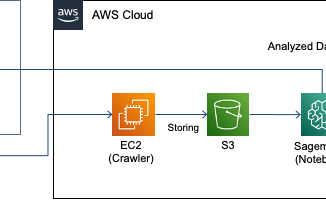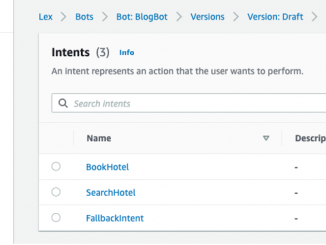
USN-5248-1: Thunderbird vulnerabilities
USN-5248-1: Thunderbird vulnerabilities Multiple security issues were discovered in Thunderbird. If a user were tricked into opening a specially crafted website in a browsing context, an attacker could potentially exploit these to cause a denial of service, obtain sensitive information, trick a user into accepting unwanted permissions, conduct header splitting attacks, conduct spoofing attacks, bypass security restrictions, confuse the user, or execute arbitrary code. (CVE-2021-4129, CVE-2021-4140, CVE-2021-29981, CVE-2021-29982, CVE-2021-29987, CVE-2021-29991, CVE-2021-38495, CVE-2021-38496, CVE-2021-38497, CVE-2021-38498, CVE-2021-38500, CVE-2021-38501, CVE-2021-38503, CVE-2021-38504, CVE-2021-38506, CVE-2021-38507, CVE-2021-38508, CVE-2021-38509, CVE-2021-43534, CVE-2021-43535, CVE-2021-43536, CVE-2021-43537, CVE-2021-43538, CVE-2021-43539, CVE-2021-43541, CVE-2021-43542, CVE-2021-43543, CVE-2021-43545, CVE-2021-43656, CVE-2022-22737, CVE-2022-22738, CVE-2022-22739, CVE-2022-22740, CVE-2022-22741, CVE-2022-22742, CVE-2022-22743, CVE-2022-22745, CVE-2022-22747, CVE-2022-22748, CVE-2022-22751) It was discovered that Thunderbird ignored the configuration to require STARTTLS for an SMTP connection. A person-in-the-middle could potentially exploit this to perform a downgrade attack in order to intercept messages or take control of a [ more… ]


